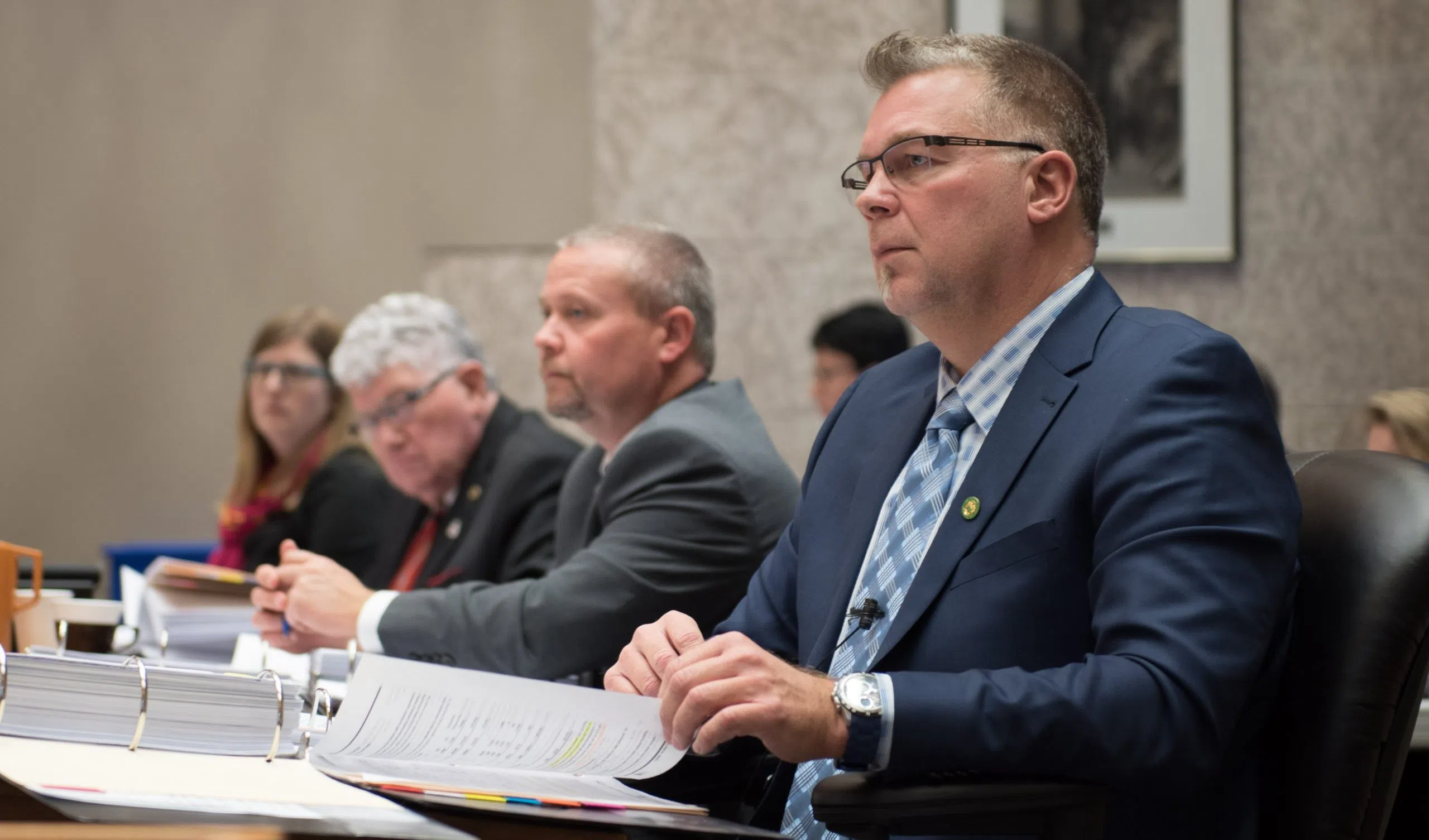
Tax hike chiseled down, small surplus in 2018 budget for now
The numbers have been crunched following the first set of public budget deliberations and the city’s books are a bit lighter then they were going in.
Even after some additions to the budget, city council has tentatively knocked the proposed tax increase down to 1.53 per cent from the initial 2 per cent ask and is $193,000 to the good.
Mayor Greg Dionne and many others were quite pleased as they exited council chambers Saturday evening after nearly 24 hours of talks.
“When you get it at two per cent, it is easy to get it to 1.5,” he said. “That is great for our tax payers.”


